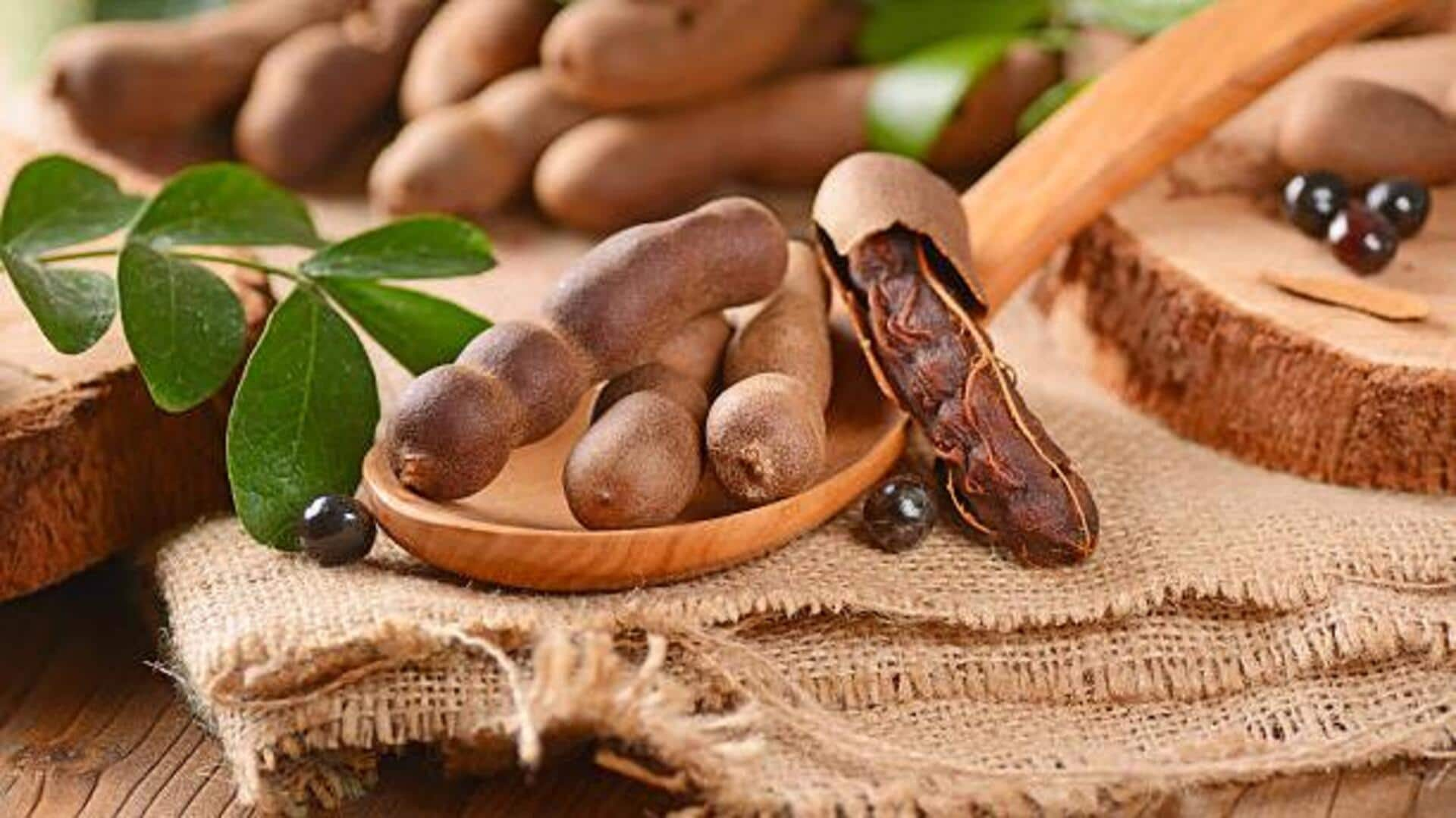
5 versatile uses of tamarind seeds
What's the story
Often overlooked, African tamarind seeds have a host of uses that go beyond their traditional culinary use. Not only are these seeds packed with nutrients, but they also provide several other practical benefits. From health to beauty and even gardening, the versatility of these seeds is mind-blowing. Here are five delightful ways to use African tamarind seeds.
Tip 1
Natural skin exfoliant
African tamarind seeds can be crushed into a fine powder and used as a natural exfoliant for the skin. The mildly abrasive property of the seed powder helps scrub away dead skin cells, making the skin feel smooth and refreshed. This natural exfoliant can be used on all skin types and easily fits into DIY skincare routines without any harsh chemicals.
Tip 2
Eco-friendly jewelry
The hard shell of African tamarind seeds makes them a great material for making eco-friendly jewelry. These seeds are often used by artisans to make unique necklaces, bracelets, and earrings that are not just stylish but also sustainable. The natural color and texture bring an earthy charm to any accessory collection while encouraging sustainable fashion choices.
Tip 3
Nutrient-rich flour alternative
Ground African tamarind seeds can be used as a nutritious flour alternative for many recipes. High in protein and fiber, this flour can be added in baking or cooking to make dishes more nutritious. It's especially helpful for people looking for gluten-free options or wanting to add more plant-based ingredients to their diet.
Tip 4
Natural dye source
The vibrant color derived from African tamarind seeds also serves as a natural dye for fabric or craft. This eco-friendly dyeing technique offers an alternative to synthetic dyes that may contain harmful chemicals. By utilizing these seeds as a dye source, one can create beautiful textiles with unique hues while reducing environmental impact.
Tip 5
Soil enrichment agent
Since African tamarind seed husks decompose naturally over time, they make an excellent addition to compost piles or garden soil. They enrich the soil with essential nutrients that promote healthy plant growth without relying on chemical fertilizers. Gardeners looking for sustainable ways to improve soil quality will find these seed husks highly beneficial in maintaining fertile grounds year-round.